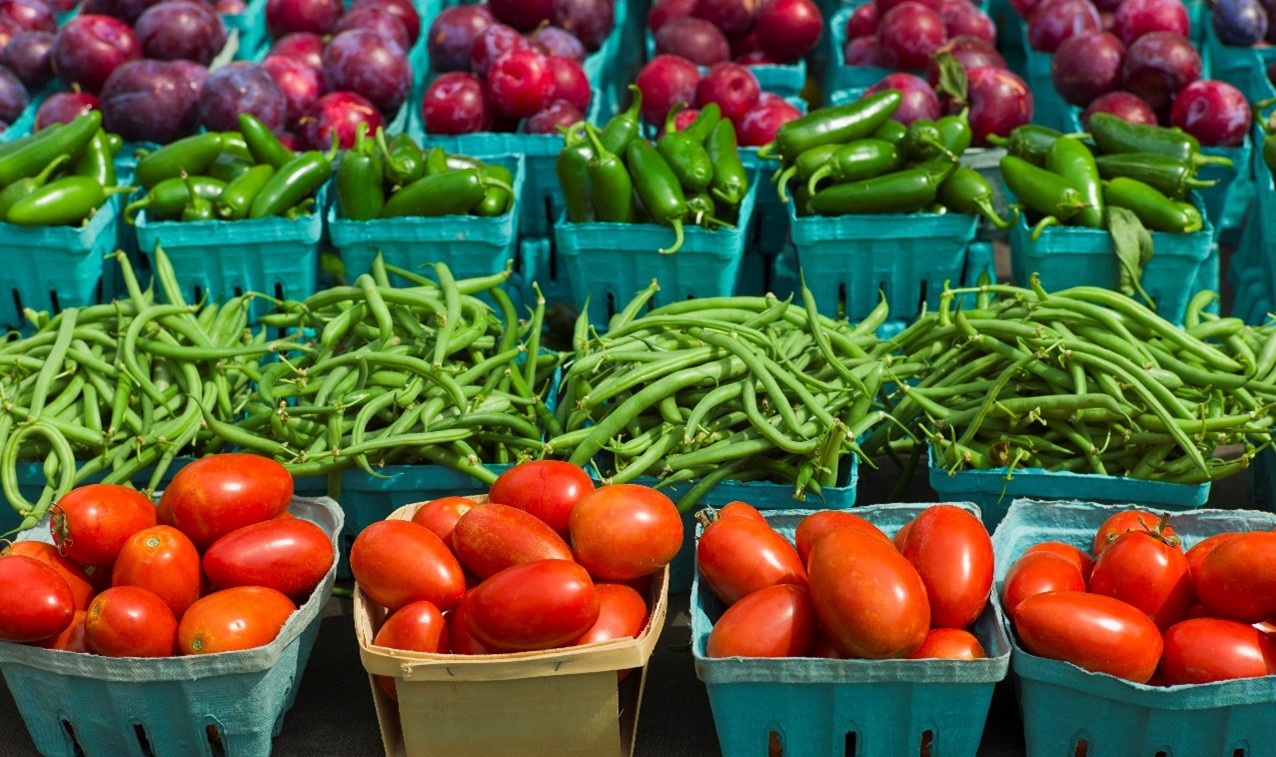After the arduous journey of cancer treatment, focusing on nutrition becomes a crucial aspect of the healing process. Maintaining the right diet can significantly help throughout recovery, serving to rebuild the body’s strength and improve overall well-being. This blog from John R. Callen dives into the importance of nutrition in cancer recovery and offers practical guidance on adopting a healing diet.
The Importance of Nutrition in Cancer Recovery
Cancer treatments like chemotherapy, radiation, and surgery can take a massive toll on the body. They can affect appetite, taste, and the body’s ability to use nutrients. Good nutrition is essential during this time in order to help the body repair tissues, regain strength, and boost the immune system. It also plays a vital role in managing side effects and preventing unhealthy weight loss or gain.
Understanding Nutritional Needs Post-Cancer
After cancer treatment, the body’s nutritional needs might have changed substantially. There can be an increased need for protein to rebuild tissues, while certain vitamins and minerals might be needed in higher quantities to support recovery and overall health. Each individual’s requirements can vary, so it’s important to tailor every nutritional plan accordingly.
Dealing with Treatment Side Effects
Common side effects of cancer treatments like nausea, vomiting, and dry mouth can make eating challenging. Tailoring your diet to manage these side effects is the key to ensuring adequate nutrition intake.
Building a Cancer Recovery Diet
A well-balanced diet during cancer recovery should include a variety of foods from all food groups, ensuring a good mix of nutrients. Here are some guidelines:
Protein for Healing
Protein is critical for healing and rebuilding tissues. Include lean protein sources like chicken, fish, eggs, dairy, beans, and nuts. Plant-based proteins are also an excellent option for those who prefer a vegetarian or vegan diet.
Carbohydrates for Energy
Carbohydrates are the body’s main energy source. Opt for whole grains like oats, quinoa, brown rice, and whole wheat, as they also provide essential B vitamins and fiber.
Fats for Nourishment
Healthy fats are essential for the absorption of certain vitamins and overall health. Include sources of unsaturated fats like olive oil, avocados, and nuts.
Fruits and Vegetables for Vitamins and Minerals
Fruits and vegetables are rich in vitamins, minerals, and antioxidants that support the immune system and overall health. Aim for a variety of colors to ensure a range of nutrients.
Hydration is Key
Staying hydrated is vital. Water, herbal teas, and broth will help to maintain hydration, especially if treatment side effects include vomiting or diarrhea.
Managing Specific Dietary Challenges
Coping with Loss of Appetite
Loss of appetite is common. Eating small, frequent meals instead of three large meals can help. Focus on nutrient-dense foods to ensure that you’re getting enough calories and nutrients.
Handling Taste Changes
If foods taste bland or different, experiment with seasonings, herbs, and spices. Try different cooking methods like grilling or roasting, which can enhance flavors.
Dealing with Digestive Issues
If treatment has affected your digestion, easy-to-digest foods like bananas, rice, applesauce, and toast (the BRAT diet) can be soothing. Probiotic foods like yogurt can also support gut health.
Nutritional Supplements: A Word of Caution
While supplements can play a role in cancer recovery, they should be used cautiously and under the guidance of a healthcare professional, as some supplements can interfere with cancer treatments.
The Role of a Dietitian in Cancer Recovery
Consulting with a registered dietitian who specializes in oncology nutrition can be incredibly beneficial. They can create a personalized nutrition plan, help manage side effects, and adjust the plan as your needs change during recovery.
Mindful Eating for Recovery
Mindful eating — paying attention to what and how you eat — can improve your relationship with food and help you enjoy meals despite treatment side effects. It involves eating slowly, savoring each bite, and listening to your body’s hunger and fullness cues.
The Power of Antioxidant-Rich Foods
Antioxidants play a role in reducing oxidative stress in the body, which is important during cancer recovery. Foods that are rich in antioxidants include berries, leafy greens, nuts, and seeds.
Balancing Traditional and Functional Foods
While focusing on a balanced diet, incorporating functional foods known for their anti-inflammatory and immune-boosting properties like turmeric, ginger, and garlic can be beneficial.
Lifestyle and Nutrition
Nutrition doesn’t exist in a vacuum. It’s one part of a broader lifestyle that includes physical activity, stress management, and adequate sleep — all of which are vital for recovery.
Nutrition plays a pivotal role in cancer recovery, aiding in the body’s healing process and improving quality of life post-treatment. By focusing on a balanced, nutrient-rich diet and addressing specific dietary challenges, individuals can significantly support their recovery journey. Remember, each person’s experience is unique, and dietary needs can vary widely. Thus, personalized advice from healthcare professionals is invaluable. Embracing good nutrition is not just about eating the right foods; it’s a step towards regaining strength, health, and moving forward after cancer.
